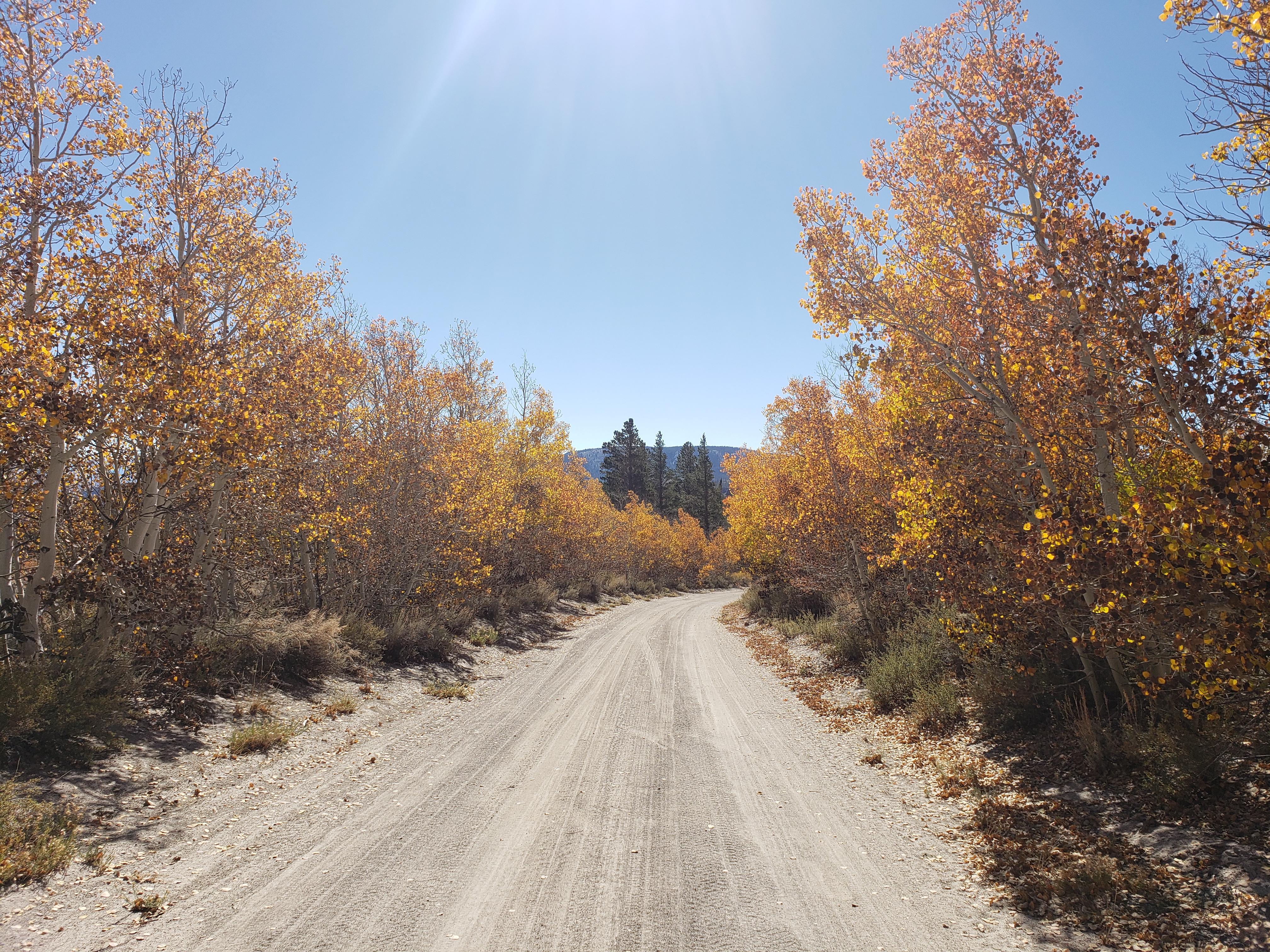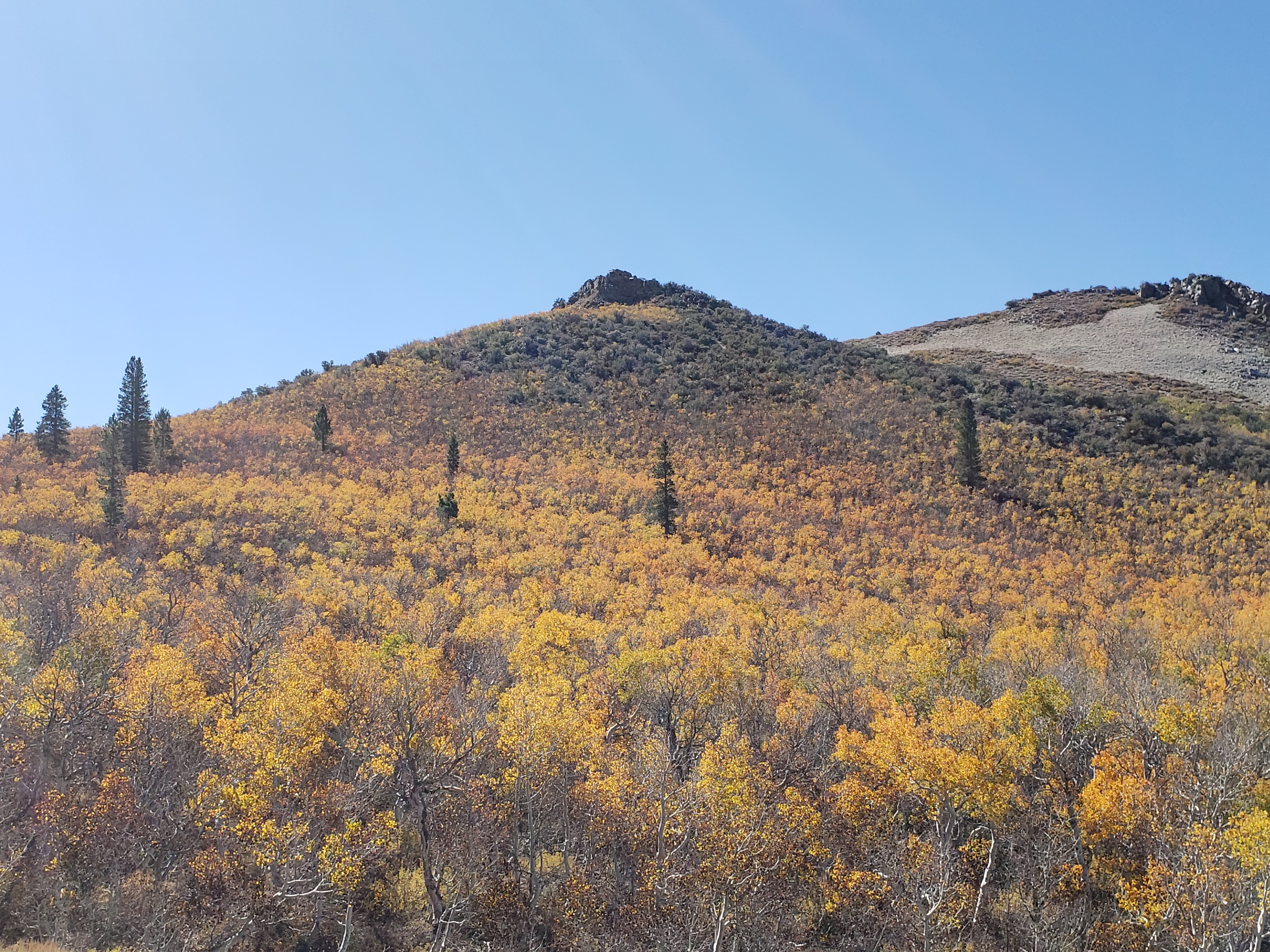For some time, it’s been assumed that the brain is the seat of cognition — our ability “to know.” But lately, it’s become clear that other physical systems are also necessary for cognition, especially our heart and our gut. Indeed, the entire body and its sensing systems seem to be critical for our ability to know the world, take action, make decisions, and be aware.
Now, another thing is being added to the list of systems necessary for our ability to know: other people. We are bodies in presence with other bodies. We are all taking in information in a variety of ways all the time, and like ants, birds or gazelles, there’s a knowing of the “crowd” that individuals cannot know on their own. All the time, we are responding to the knowing of others in order to be aware, to perceive, to decide, and so much else. We genuinely do not “know” without the presence and activity of others.
As with most things, this is for good and for ill. We’ve all seen a crowd that becomes a destructive mob. We’ve seen how oppressive systems become “implicit bias,” learned unconciously and undergirding perpetrative systems. Herd dynamics shape our desires and consumer decisions in ways that aren’t always in alignment with our values and the larger needs of the community and planet.
And, we cannot do without this social knowing. The child depends upon the parent and other adults to help them make sense of the world of their own emerging self. Without it, there is “failure to thrive,” which is much more than a set of bad feelings — it deeply injures the child’s ability to function in the world. If our oppressive systems teach us regrettable lessons about other people and ourselves, the good news is that supportive groups of people with whom we share deep affinity can radically shift how we know who we are and how to move through the world.
In successful individuation, a child gains the ability to both be separate, and to connect. There is no successful experience of existence without others, and the ebb and flow of intimacy that is part of our intricately networked social structures (not to be confused with the internet and “social networking”). In that way, we are more like fungi or coral reefs than we tend to imagine. We are in deeply symbiotic relationship with each other.
We are invited to find peace with this. Healing is not so much about “healing ourselves”; it is more about developing the kind of resiliency in community that allows us to keep engaging the rough and tumble of modern society without breaking, with courage and commitment. We acquire it through, in part, having our best selves mirrored back to us by others who are on the journey with us. It’s not something we can simply force ourselves to believe on our own.
What is your experience of your individual self embedded in the collective, for good or for ill? Share your stories on my blog below.


Leave a Reply